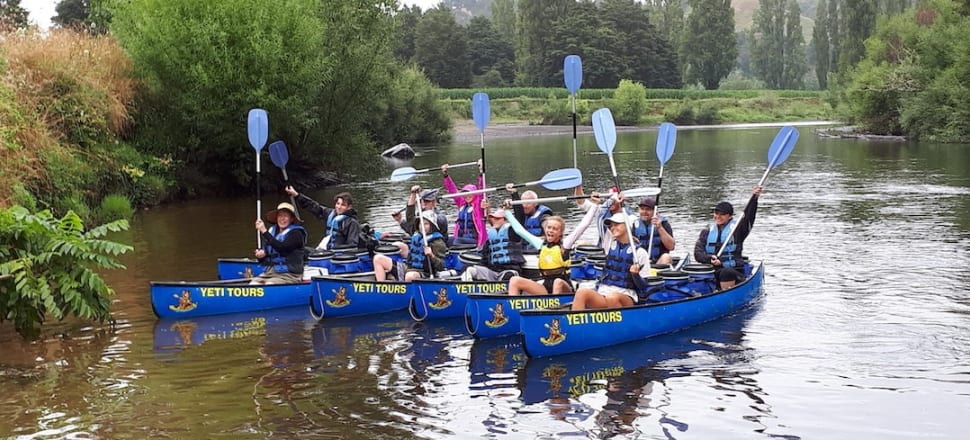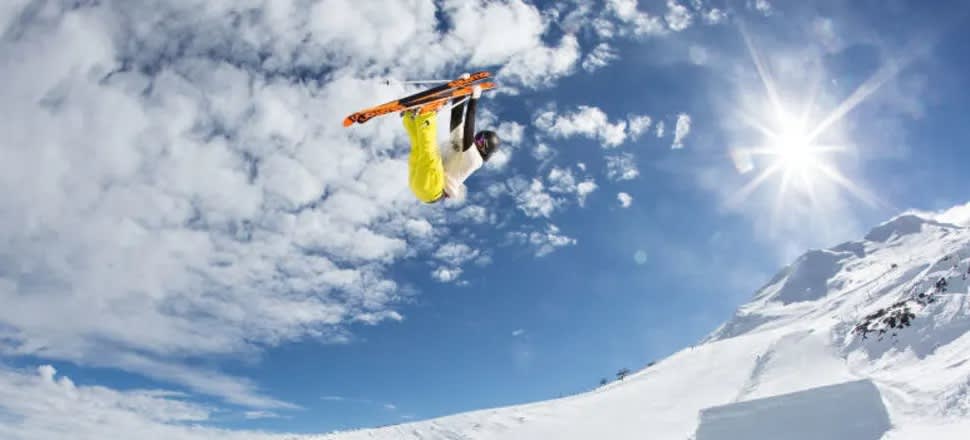
The state of the Ruapehu District’s tourism industry is being laid bare, with three Covid-impacted businesses tipped into liquidation this week
Ruapehu Shuttles, Freedom Enterprises and Yeti Adventures, all owned by Ohakune businessman Gavin Kaye, were put into liquidation yesterday.
Based out of Ohakune, Yeti Adventures offered canoe and kayak and camping gear hire for self-guided tours on the Whanganui River, while Ruapehu Shuttles (not to be confused with still-operating Ruapehu Scenic Shuttles) did what it said on the tin.
Liquidator Grant Reynolds said the businesses hadn’t really traded since the initial 2020 lockdown because of the lack of tourists and Kaye was looking to wind them down with little to nothing in the way of creditors.
Ruapehu District Mayor Weston Kirton said there were other tourism businesses still in hibernation since the onset of the pandemic, not just because of lack of tourists, but also staff shortages as they look to hire to ramp back up.
The district’s tourism industry has done it tough through the pandemic border closures and unfavourable weather conditions.

“We’re hurting because we never got the snow,” Kirton said.
Less than a month ago, Ruapehu Alpine Lifts, the operator of Turoa and Whakapapa, was put into receivership owing around $40m following lockdowns and a disappointing 2022 ski season.
It has received a $4m bailout package from central Government and ANZ to help it get to the next season, though receiver John Fisk of PWC believes it needs around $5m more.
The uncertain fate of the major Ruapehu fields, a regional asset of great significance, has cast doubt into the local business community.
The owner of Captain Kune’s fish and chip shop in Ohakune is actively looking to sell the business because of uncertainty around tourism and the number of customers, though also for personal reasons.
Ruapehu District tourism GDP growth (2001-2022)
Kirton said Ruapehu Alpine Lifts’ receivership was hanging over the community but there was also optimism as it looked to diversify away from skiing and snowboarding and into biking and other outdoor activities, “People are pretty resilient and they want to survive”.
According to Infometrics, tourism’s contribution to the Ruapehu District’s GDP fell 36 percent in 2021.
Pre-Covid, tourism represented 13.6 percent of the region’s economic activity and in 2021 it made up just 8.5 percent.
Users of the Tongariro Crossing, another regionally significant asset, fell 79 percent to 30,500 in the 12 months to June 2022, though DoC plans to further restrict the daily number of walkers on the track to 800, causing further anxiety for local businesses that once catered for 1000 plus walkers a day for much of summer.







